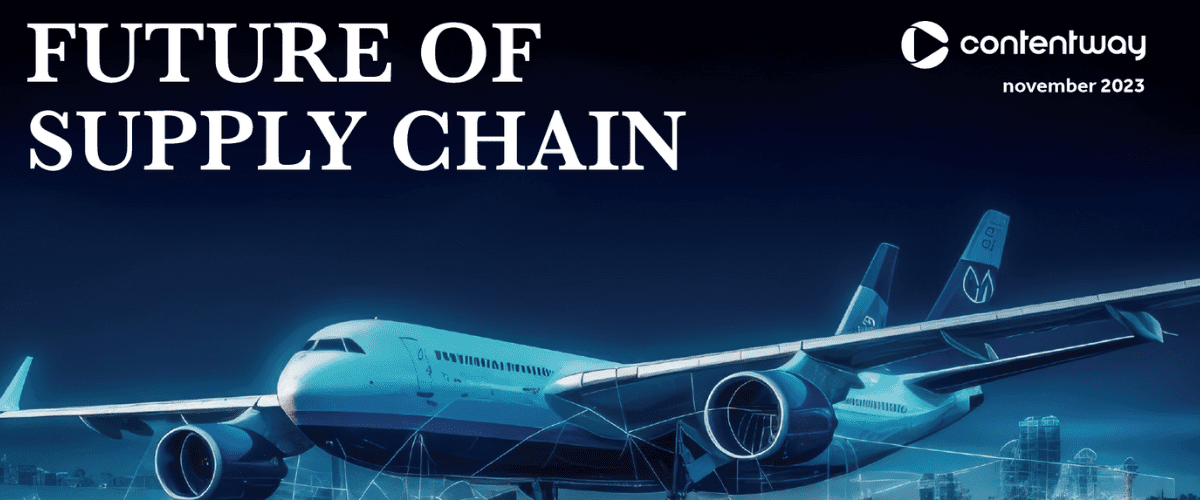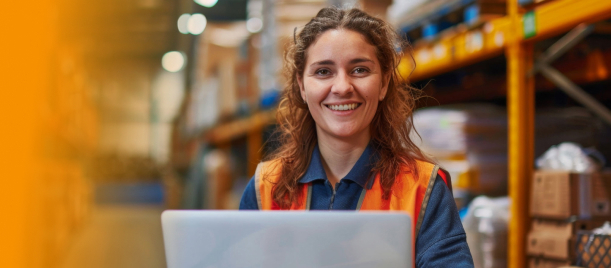Artificial intelligence has been a crucial part of KlearNow.AI for five years already. By integrating and optimizing customs processes with the company’s developed software, a significant amount of time and money can be saved. The software automates tasks that were previously done manually for declaration and communication with all parties in the supply chain, enabling proactive actions based on real-time data.
Customs processes involve a wealth of information and interactions with various stakeholders. “A lot of emails are involved in customs processes,” says Harun Wardak, Sales Director Europe at KlearNow.AI. “Information about the importer, exporter, goods, permits, how and when something is shipped, and various other details need to be shared. In the logistics chain, many companies have their own data and systems, creating multiple silos of information that do not communicate with each other, especially across borders. The big challenge is to integrate all these silos throughout the entire logistics chain, creating a streamlined process.”
KlearNow.AI has developed its own AI software to enhance customs processes globally, Harun explains. “We integrate and automate customs processes worldwide using AI. On our cloud-based and AI-driven platform, we can read and digitize documents from anywhere. It doesn’t matter how we receive this information, whether it’s by email or even fax. We digitize it and turn all those separate documents and information flows into a streamlined customs declaration that complies with local regulations and the customer’s processes. Additionally, you can track shipments globally on this platform.
“This way, we centralize and organize customs processes in different countries, and it can be shared in real-time with all involved parties,” Harun continues. This not only provides a clearer overview but, according to Harun, is also much more efficient. “There are shipments where a customs agent would normally spend an hour typing something, often from four different documents. Our AI technology reads this and automatically fills in the customs fields with the necessary information for the declaration. This eliminates manual tasks for the customs agent, who only needs to check if everything is entered correctly. This results in efficiency and cost savings.”
View original Dutch article here https://issuu.com/contentway/docs/futuresupplychain.

